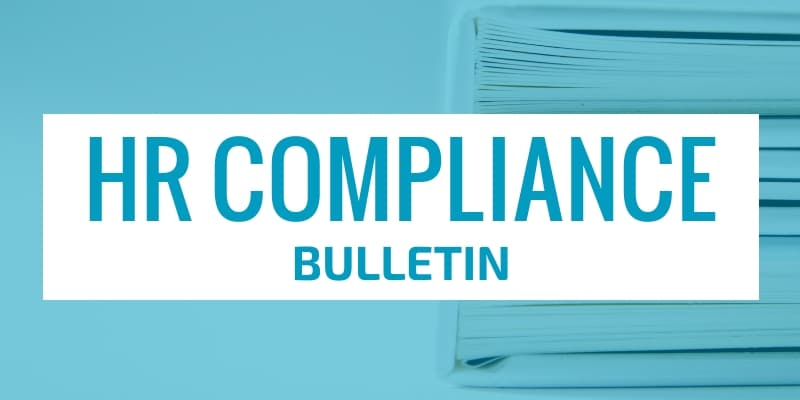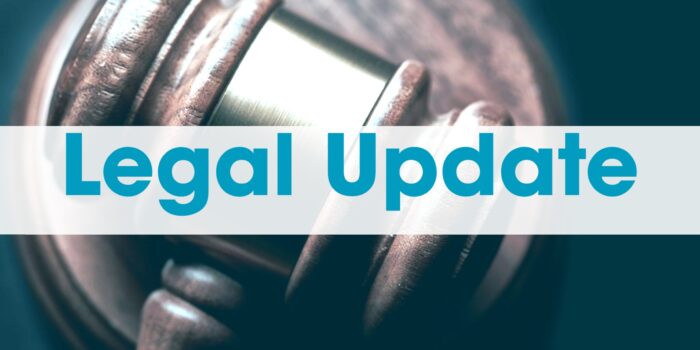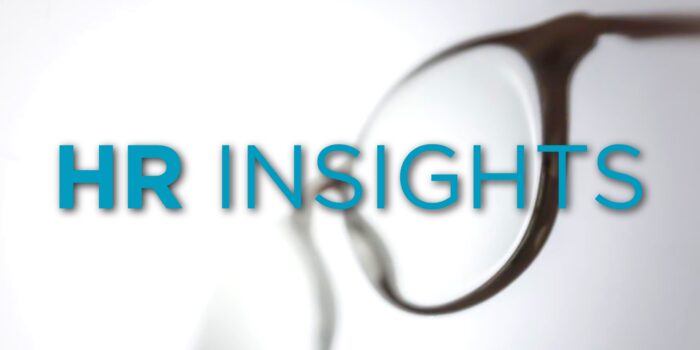16 Jun EEOC Announces New Sexual Orientation and Gender Identity Employment Resources
[wpseo_breadcrumb]
These resources are not new EEOC guidance, but instead a consolidation of the agency’s positions on the laws it enforces.
 The Equal Employment Opportunity Commission (EEOC) has announced the release of new employment resources intended to educate employees, applicants, and employers on the rights of all employees—including lesbian, gay, bisexual, and transgender workers—to be free from sexual orientation and gender identity discrimination in employment.
The Equal Employment Opportunity Commission (EEOC) has announced the release of new employment resources intended to educate employees, applicants, and employers on the rights of all employees—including lesbian, gay, bisexual, and transgender workers—to be free from sexual orientation and gender identity discrimination in employment. On May 28, 2021, the Equal Employment Opportunity Commission (EEOC) issued updated and additional answers to frequently asked questions (FAQs) about how employers should comply with the Americans with Disabilities Act (ADA) and other federal fair employment laws while also observing all applicable emergency workplace safety guidelines during the coronavirus pandemic.
On May 28, 2021, the Equal Employment Opportunity Commission (EEOC) issued updated and additional answers to frequently asked questions (FAQs) about how employers should comply with the Americans with Disabilities Act (ADA) and other federal fair employment laws while also observing all applicable emergency workplace safety guidelines during the coronavirus pandemic. The portal for private-sector employers to submit equal employment opportunity (EEO-1) workforce data from 2019 and 2020 is now open, the U.S. Equal Employment Opportunity Commission (EEOC) announced April 26, 2021.
The portal for private-sector employers to submit equal employment opportunity (EEO-1) workforce data from 2019 and 2020 is now open, the U.S. Equal Employment Opportunity Commission (EEOC) announced April 26, 2021. According to the Equal Employment Opportunity Commission (EEOC), harassment is a form of employment discrimination that violates Title VII of the Civil Rights Act of 1964, the Age Discrimination in Employment Act and the Americans with Disabilities Act.
According to the Equal Employment Opportunity Commission (EEOC), harassment is a form of employment discrimination that violates Title VII of the Civil Rights Act of 1964, the Age Discrimination in Employment Act and the Americans with Disabilities Act. The portal for private-sector employers to submit equal employment opportunity (EEO-1) workforce data from 2019 and 2020 will open on April 26, 2021, the U.S. Equal Employment Opportunity Commission (EEOC) announced March 29, 2021.
The portal for private-sector employers to submit equal employment opportunity (EEO-1) workforce data from 2019 and 2020 will open on April 26, 2021, the U.S. Equal Employment Opportunity Commission (EEOC) announced March 29, 2021.